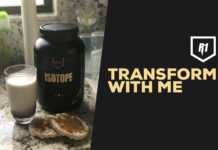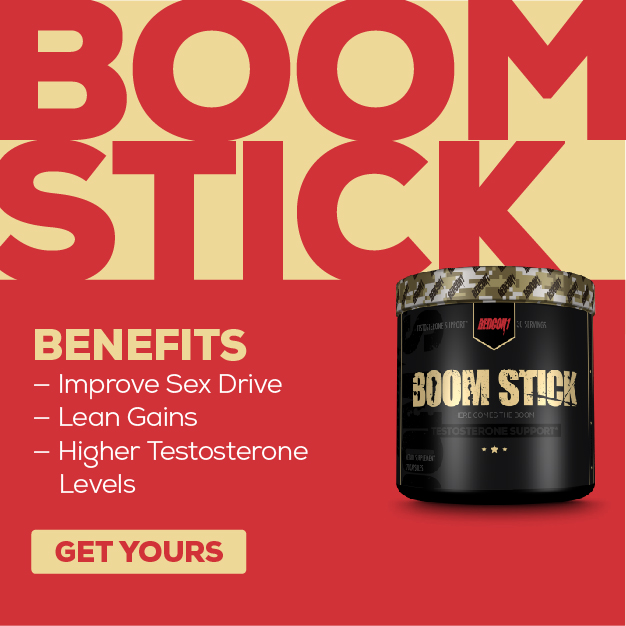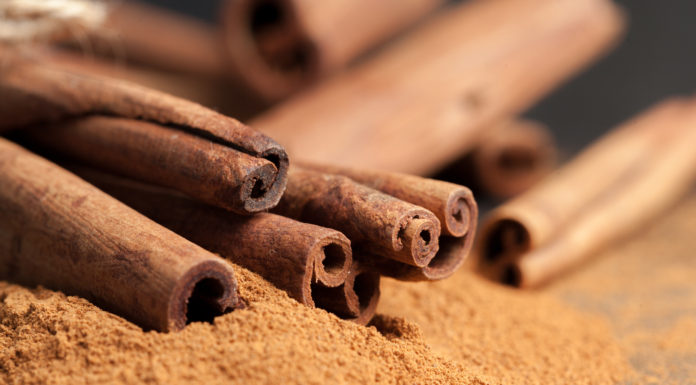
Best Ingredients to Look For in a Preworkout Part 1
With pre workout supplements being a never ending hype, I thought it would be a good idea to help you chose pre workouts based on their actual ingredients’ list and not how flashy the tub or company may be. The market is being flooded with poor products that either do not contain the proper ingredients or dont even have enough of those proper ingredients to make a difference. Our goal here is to breakdown down the proper ingredients that are going to help with endurance, power output, and increasing your pump.
First we are going to look at endurance with the main focus being ingredients that are obviously going to increase the length of our working sets or entire workout duration in an effort to get more overall volume in and progressively overload in that fashion. Beta-Alanine is the king for increasing muscular endurance and is why we are mentioning it first. Beta-Alanine is the building block of carnosine. Carnosine is a molecule that basically acts as a lactic acid buffer there by increasing performance within the sixty to two-hundred and forty second range. It does this upon ingestion. What happens is the beta-alanine you supplement with and drink then turns into carnosine and is stored intracellularly. Once your body recognizes a drop in pH, it actually releases the carnosine in an effort to stop the drop in pH. This effect is how beta-alanine essentially works to allow you to increase repetitions within the right to fifteen range. If you dig into the research on Beta-Alanine, you’ll see in many varied situations, its ability to increase overall muscular endurance was very noticeable (1, 2, 3, 4) and is exactly why it reigns supreme as one of my top favorite choices for increasing endurance. A clinical dosage for beta-alanine is somewhere in the 2.4 -3.2 gram range.
The second endurance boosting ingredient I wanted to bring up was one that I’ve already written an entire article on, and that is highly branched cyclic dextrin (which also falls into the other two categories of increasing power output and increasing your pump.) If you remember from that article, highly branched cyclic dextrin has an extremely rapid gastric emptying effect, a very low osmolality (which is beneficial as osmotic pressure if an important factor that essentially determines the gastric emptying rate of a drink), and is a very high molecular weight (5, 6, 7, 8.) Dosages for highly branched cyclic dextrin will vary based on what the individual’s carbohydrate allotment is and how their GI tract metabolizes it. For the full article on highly branched cyclic dextrin and how it truly increases muscular endurance, please go back to the article section. Finally, we’ll look at nitrates (beet root being the main ingredient.) We see that with beetroot supplementation, an increase in anaerobic capacity is seen, most likely due to the increase in nitric oxide from ingestion (9, 10.) Even further more, beet root does some pretty cool things in the body! It seems to increase performance by actually reducing the oxygen cost of your resistance training. This means you have a longer time to exhaustion and can there by have greater endurance to increase your volume. As it does have interaction with nitric oxide, it does have some ability to increase a pump, especially when taken in combination with over ingredients all geared at increasing your ability to enhance blood flow. This list for increasing endurance can truly go on and on but I feel that beta-alanine, highly branched cyclic dextrin, and beet root (nitrates) are three that deserve the bulk of your attention.
References
1. Short-duration beta-alanine supplementation increases training volume and reduces subjective feelings of fatigue in college football players. Jay R. Hoffman, Nicholas A. Ratamess, Avery D. Faigenbaum, Ryan Ross, Jie Kang, Jeffrey R. Stout, John A. Wise. Nutr Res. 2008 Jan (https://www.ncbi.nlm.nih.gov/pubmed/19083385)
2. Important role of muscle carnosine in rowing performance. Audrey Baguet, Jan Bourgois, Lander Vanhee, Eric Achten, Wim Derave. J Appl Physiol (1985) 2010 Oct (https://www.ncbi.nlm.nih.gov/pubmed/20671038)
3. Effects of β-alanine supplementation on exercise performance: a meta-analysis
R. M. Hobson, B. Saunders, G. Ball, R. C. Harris, C. Sale. Amino Acids. 2012 Jul; 43(1): 25–37. Published online 2012 Jan (https://www.ncbi.nlm.nih.gov/pubmed/22270875)
4. Effects of β-alanine supplementation on performance and body composition in collegiate wrestlers and football players. Ben D. Kern, Tracey L. Robinson. J Strength Cond Res. 2011 Jul (https://www.ncbi.nlm.nih.gov/pubmed/21659893)
5. A sports drink based on highly branched cyclic dextrin generates few gastrointestinal. disorders in untrained men during bicycle exercise. Takii, H., Kometani, T., Nishimura, T., Kuriki, T., and Fushiki, T. Food Sci. Technol. Res. 2004 (https://www.jstage.jst.go.jp/article/fstr/10/4/10_4_428/_article)
6. Fluids containing a highly branched cyclic dextrin influence
the gastric emptying rate. Takii, H., Takii Nagao, Y., Kometani, T., Nishimura, T., Nakae, T., Kuriki, T., and Fushiki, T. Int. J. Sports Med. 2005 (https://www.ncbi.nlm.nih.gov/pubmed/15900642)
7. Factors limiting gastric emptying during rest and exercise. Costill, D.L. and Saltin, B. J. Appl. Physiol. 1974 (http://jap.physiology.org/content/37/5/679)
8. The pattern of emptying of the human stomach. J. N. Hunt, W. R. Spurrell. J Physiol. 1951 (https://www.ncbi.nlm.nih.gov/pubmed/14832765)
9. Dietary nitrate supplementation improves team sport-specific intense intermittent exercise performance. Lee J. Wylie, Magni Mohr, Peter Krustrup, Sarah R. Jackman, Georgios Ermιdis, James Kelly, Matthew I. Black, Stephen J. Bailey, Anni Vanhatalo, Andrew M. Jones. Eur J Appl Physiol. 2013 Jul; 113(7): 1673–1684. Published online 2013 Feb (https://www.ncbi.nlm.nih.gov/pubmed/23370859)
10. Whole beetroot consumption acutely improves running performance.
Margaret Murphy, Katie Eliot, Rita M. Heuertz, Edward Weiss. J Acad Nutr Diet. 2012 Apr (https://www.ncbi.nlm.nih.gov/pubmed/22709704)


















